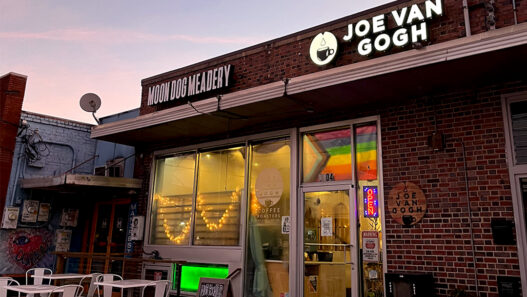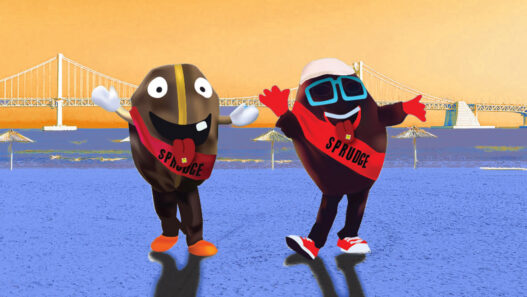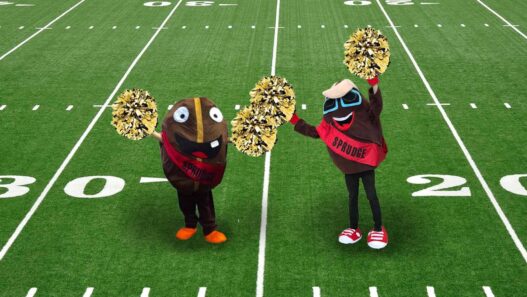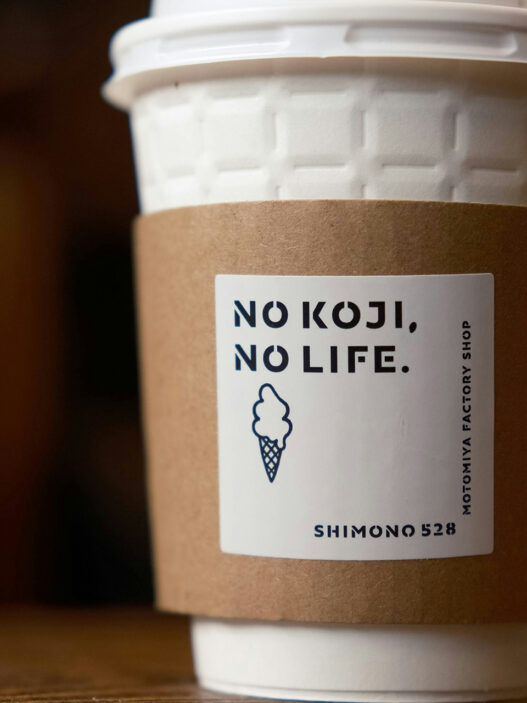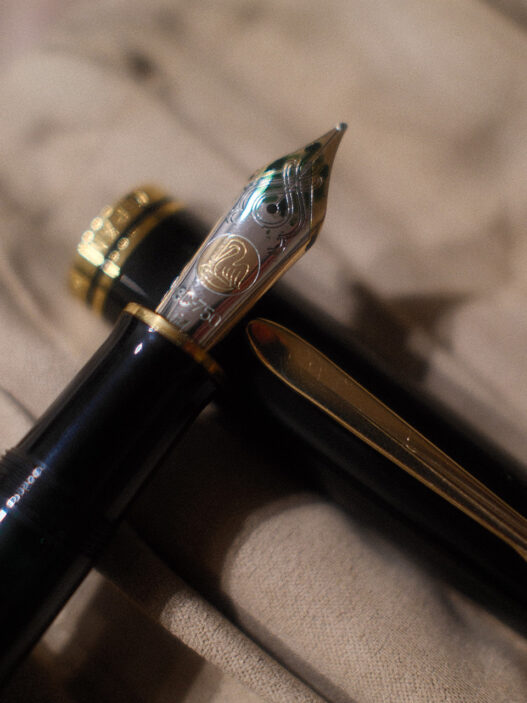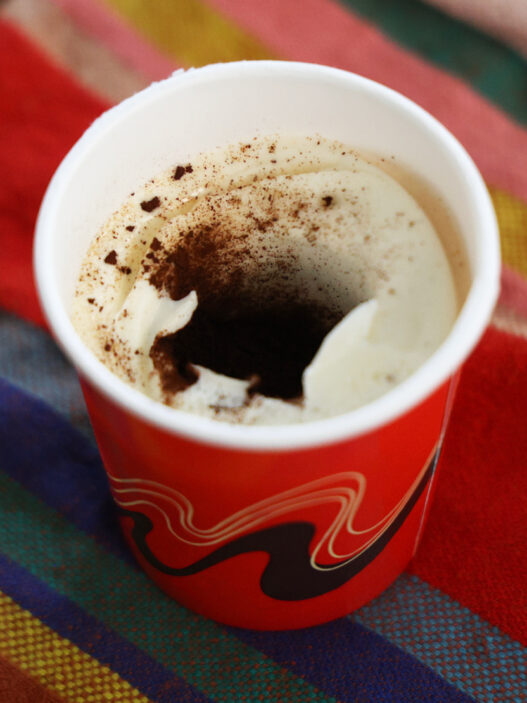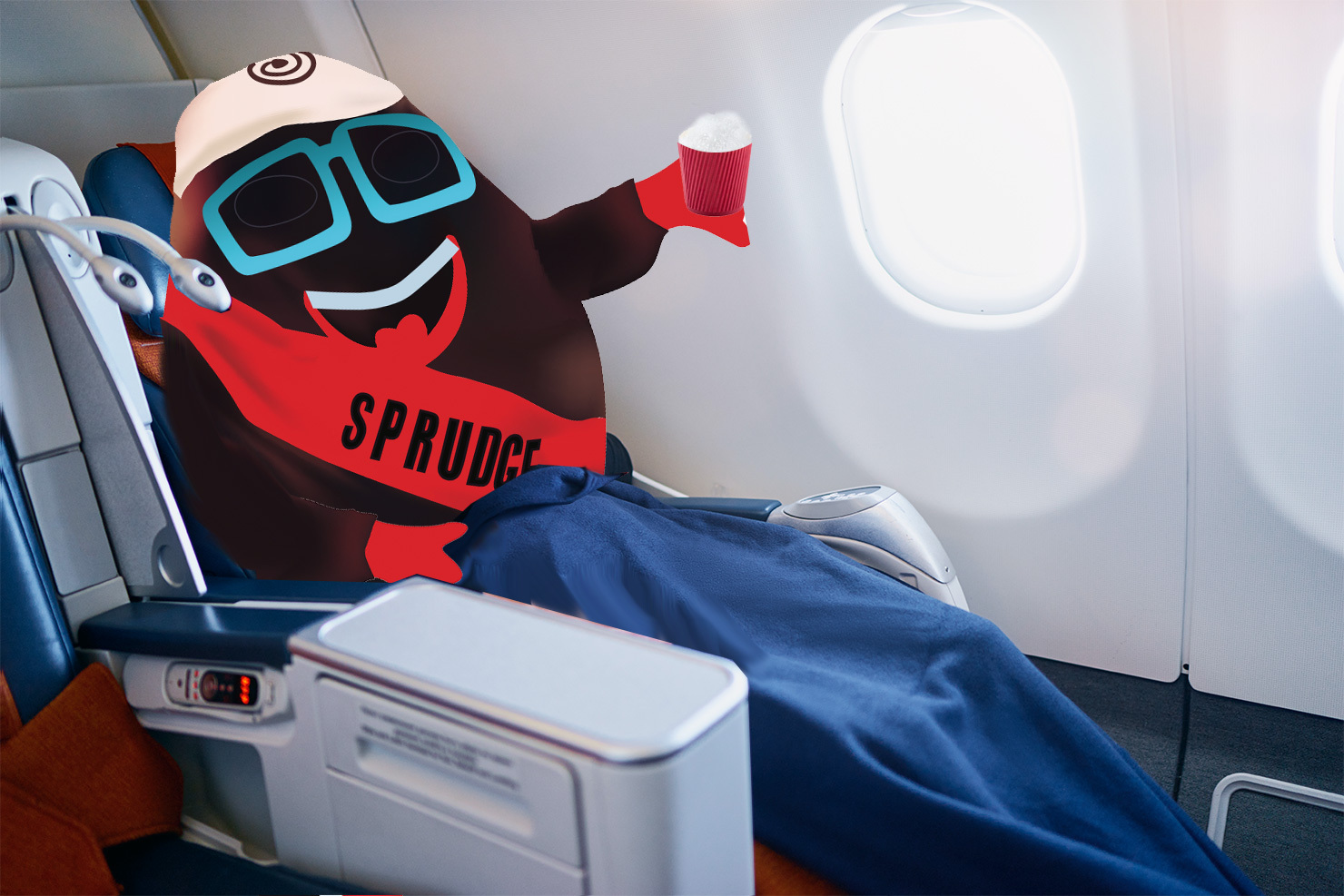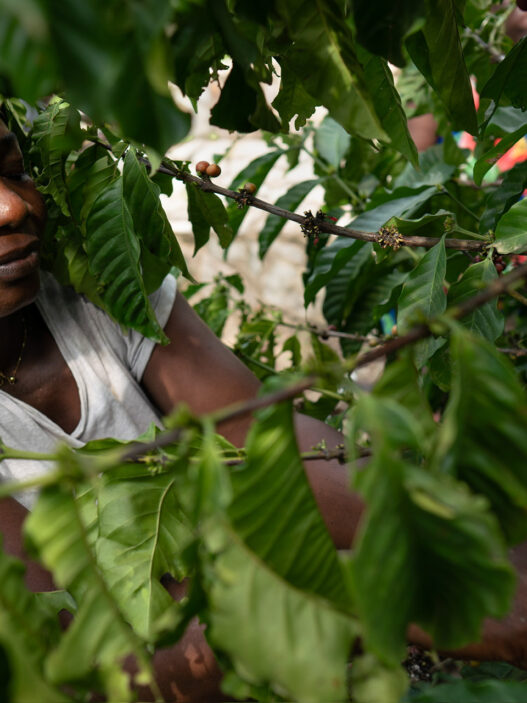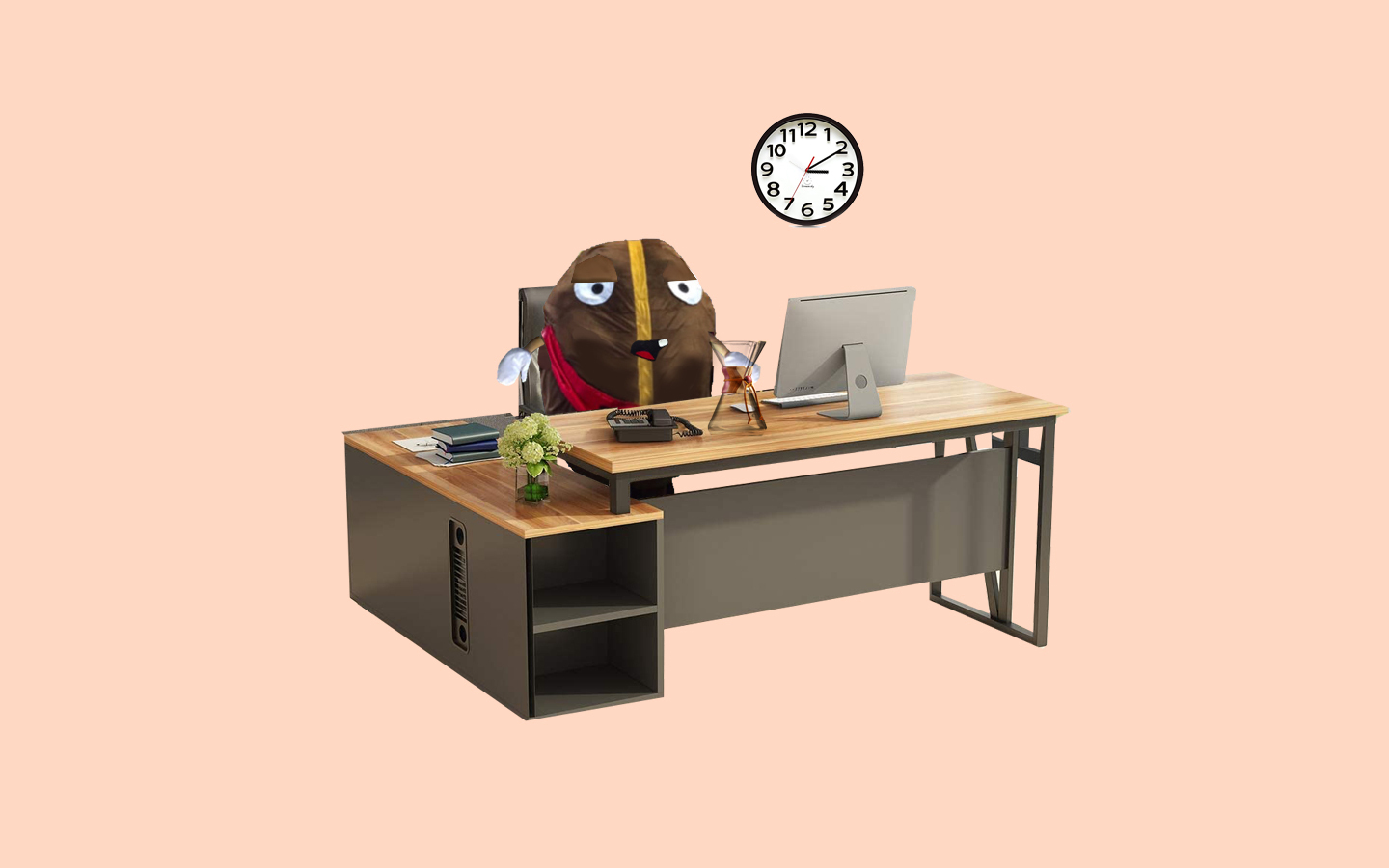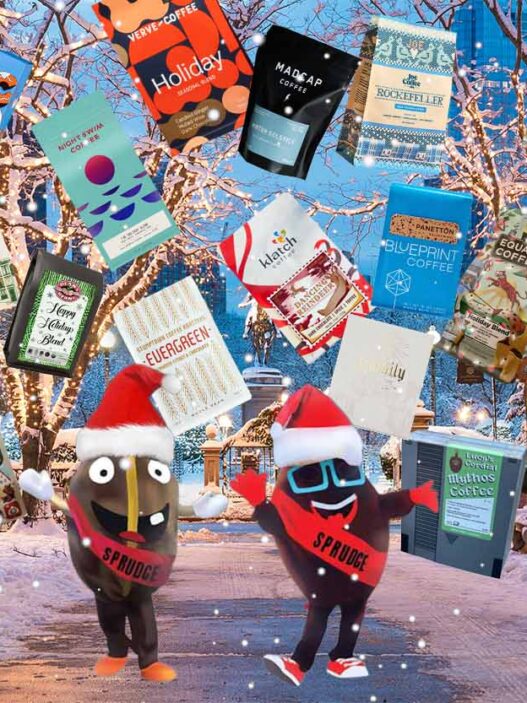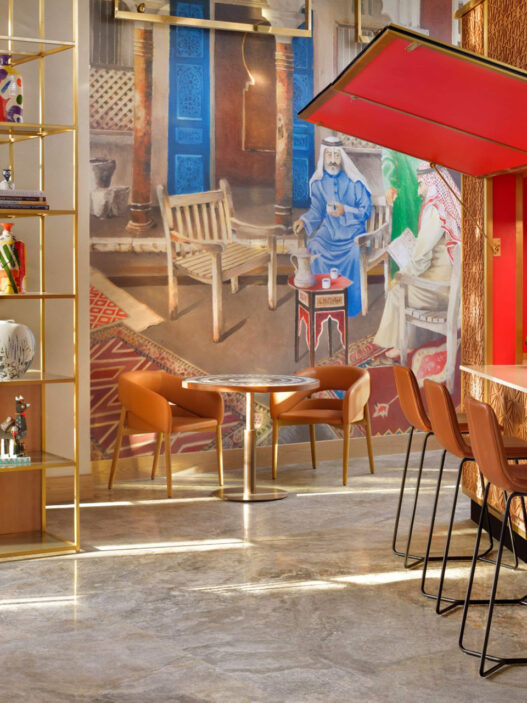It was immediately obvious that I was punching up a weight class. The others around the table had resumes and job titles of great significance: company owner, green buyer, roastery operator, three top coffee folks from Korea Air. I was the only retail-level coffee maker in attendance, and when it was my turn to introduce myself, it was tough to sound confident with “Barista Trainer,” ((Technically “Coffee Director,” but I felt very silly given that others at the table had the same title but significantly greater responsibilities. Didn’t want to mislead anyone on Day 1, after all.)) but I sure tried. Rob Stephen ((Rob also agreed to talk to me for this piece, and for that I thank him.)), Senior Trader for Interamerican Coffee and the man we had all traveled to Hopedale, Massachusetts to see, brought the icebreaker to a close. And so began my grand adventure in failing one of the most difficult tests in all of coffee – the Q Exam.
The Q Exam is a week-long examination, created and maintained by the Coffee Quality Institute. If you pass the Q Exam, you become a Q-Grader, an individual licensed to grade green coffees, and assign a numerical grade to coffees based on the coffee’s origin, flavor profiles, balance, and other factors. The Exam has 22 tests, and to pass, you must pass them all. As long as you attend (and pass) regular calibration sessions with other Q-Graders, you are a Grader for life. At the time I took the Q, there were 108 Graders in the United States.
108 does not seem like many – and it’s not – but CQI’s primary goal is not to provide certification to those of us in the consuming world. CQI wants to establish, maintain and increase coffee quality on the planet Earth. This is a goal which can only be accomplished in producing nations, and CQI has wisely focused their energies in the narrow band of coffee-producing latitudes. The Q program is only one part of their ongoing mission to increase volume and sustainability of high-quality coffee.
The Q allows for an international standard of communication that is numerically based, where the SCAA Cupping Form takes on the role of a cross-continental language. Whether you are a Q Cupper in Virginia or a Q Catador ((Catador de Q?)) in Antigua, a 8.25 in acidity should be an 8.25 in acidity. Rob Stephen; “We take out all the meaningless words, and culturally idiomatic words, and come to words we can all agree on.” In an industry that spans the globe and is done in numerous languages, the Q seeks to be a kind of lingua franca.
What this means, however, is that a working knowledge of the SCAA Cupping Form is absolutely necessary if you have any hope of doing well on the Q Exam, given that many of the 22 component tests require that you score coffees using it. I had certainly seen the SCAA Cupping Form before, but my ability to use it meaningfully on test day was, to be polite, sub-optimal.
In the current format of the Q Exam, each test is preceded by a class, essentially teaching the students both the material on the test as well as how, specifically, to take the test. Sometimes how to fill out the answer sheets, where to write numbers, where to write your name. Do not misunderstand: these tests were all hard, very hard – imagine being given 2 hours of lecture on accounting ((Two hours of excellent lecture by a leader in the field, natch.)) and then taking the CPA Exam. You’re in for a rough afternoon.
Rob again: “That this credential exists and is hard to get is great … but it’s only five days.” He compares it to that scene from the first Matrix movie, where Keanu Reeves gets a ton of information uploaded into his brain, then sits up suddenly and declares: “I know Kung Fu.” The Q Exam is a test designed to boil down years of experience into a week of testing, not serve as an immense coffee knowledge cram-session. To do well, much less pass every one of the tests, one should not walk in cold.
Of course, it is easy for me to say this now. At the time, I had walked in about as cold as someone working in coffee could. And it went pretty well at first. After a few days, I was even holding my own: Rob posted a fresh Excel document after every test, documenting each student’s passes and fails with colored boxes and numbered scores. These Excel docs are known colloquially as “the Victory Grid”, and my personal grid was sitting at about .500, which was not the best but also not the worst. ((Which is the kind of thing you tell yourself when you are in way, way over your head. “We’re Not The Worst” isn’t a common chant at sporting events.))
The Q Exam is a grueling experience, even for experienced cuppers who are fully prepared for it. It is demanding on the senses, as you are constantly tasting and evaluating and making decisions, which it turns out is different than just tasting. Decision fatigue sets in quickly, and plain old regular fatigue comes soon after that. I cannot speak for the other students in my class, but I found it surprisingly difficult emotionally, because my personal vision of myself was built very heavily on being someone who knew something about coffee. Every day it became more obvious to me how very tiny my knowledge base really was. That is a tough process without actual, objective tests also pointing out how tiny your knowledge base is. ((Not to mention how bad you are at tasting salt.))
One of the properties of the Q Exam is that there are no prerequisites, no barriers to entry, save the exam fee and the costs of travel, which are not insignificant; there aren’t many places that offer the Q, and the cost of the test itself is never less than $1000, and sometimes closer to $2000. A consequence of this is that anyone who can pony up the cash is welcome to attend, whether or not they are ready for the exam. This can have its downsides.
Rob compared the Q to the Bar Exam numerous times. You go to school for years and wrack your brain preparing for the Bar; the Q should be similarly approached. “If you could pass [the Q] without this experience, it isn’t much of a test,” Rob told me, years after my glorious disgrace. “Success in this test comes from slogging it out.” Like anything, you gain experience through action; testing simply verifies that experience. And he’s right, of course, because if the Q were an easy test, or even a test of moderate difficulty, it would fail in its only essential purpose: to identify evaluators who are able to consistently identify subtle differences between similar products.
I grumbled a moment ago about cost, but the educational components, the small lectures and presentations and cupping score breakdowns, these are literally priceless in my opinion. The kind of feedback and access to expertise that goes down during these parts of the Q Week allowed me to grow, coffee-wise, by leaps and bounds, not just from Rob but from my classmates as well. ((Coffee people are astonishingly generous with their expertise)) For me, it was as though a huge doorway was opened for me, exposing the true and massive nature of coffee and the coffee trade. I felt suddenly very small.
By way of comparison (and interlude), here’s a probably true story about Pablo Picasso.

“5000 francs, madam,” says Picasso.
The woman is incredulous, outraged, and asks how that’s even possible given it only took him 5 minutes. Picasso looks up and, without missing a beat, says: “No, madam, it took me my whole life.”
This is how expertise works! When you cup, you are cupping against every coffee you’ve ever tasted. Rob Stephen told me, “When I cup a Kenyan coffee, it is my thousandth one.” You need this body of knowledge to really get into the nooks and crannies of what makes a coffee special. Without it, you may love coffee and you may be tasting the same thing as a more experienced cupper, but you lack the 999 cups that needed to come first.
So how did I end up in that room, destined for failure, and further destined (but not yet knowing it) to display my failure for all and sundry to admire in a popular coffee publication? Like many young coffee professionals, I was hungry for some way to move forward in a meaningful way. I was training baristas, I was making excellent products, but I could not find any way to progress. I wasn’t sure what I wanted to do, but I knew I wanted to stay in progressive coffee, and I knew that the Q existed, and could, maybe, open doors for me in the future. I saved up, I signed up, and I took the test. I failed, of course, passed a few of the tests on re-takes, but wasn’t able to pull it off in my 18-month window. ((In fact, none of the 12 test takers in my cohort passed the Q that week. Some have passed since.))
While it is certainly the case that I am not a Q-Grader, the experience itself was still an incredibly valuable one, completely worth the price of admission. ((Probably a little cognitive dissonance being resolved here, but not much! I promise!)) Spending a week with upper-tier cuppers and professionals, immersed in the very deep specifics of coffee and tasting and smelling, is a situation where I couldn’t help but grow and learn. They say that you be a better player, you have to play with folks who are better than you – whether you’re playing soccer or banjo or whatever, and the same holds true with coffee, I think.
Come April, the Q is being restructured. The Exam itself will only be a 3-day event: testing only, without the educational components, thereby taking out practically everything I found valuable in the experience. However, the good news is that testing centers will offer an additional 3-day educational module as well, giving a home to all of the learning experiences that are now stripped away from the actual Exam itself. This means that one could, conceivably, enjoy the educational benefits of taking the Q Exam without the rough stuff of actually taking the tests – at least not right away.
This, I think, is an improvement. I asked Rob Stephen, who among us should be taking the Q Exam? He replied: “People who make their living making important decisions about coffee quality.” This describes only a sliver of the folks in our industry, and I am inclined to agree with him. The upcoming partition of education and testing, however, means that the parts of the Q that would be valuable to almost all of us are available without the financial and emotional burden of the full test.

When the final results were tabulated, I passed 20 out of the 22 tests. In many ways, it’s validating: I can smell vials and grade green coffee. I can cup a table with experienced cuppers and come up with appropriate scores. I can tell you which one of those three cups is different (in a red room!) and I can identify an acid accurately about 40% of the time. But that Sensory Skills Test, man. Much has been written about the Sensory Skills Test elsewhere, but trust me, it is as hard as they say. Harder.
In retrospect, I am able to look at my experience with the Q Exam for what it was: a time of personal growth found while striving, and ultimately failing, my way towards a larger goal. I found great value in that week in Hopedale. It turns out an incomplete Victory Grid can still be a victory.
Currently based in Saratoga Springs, NY, Simon Ouderkirk is working to open cafes for Spot Coffee, as well as blogging at First Crack Media. He’s previously written for Sprudge.com as a part of our Restaurant Week series.






